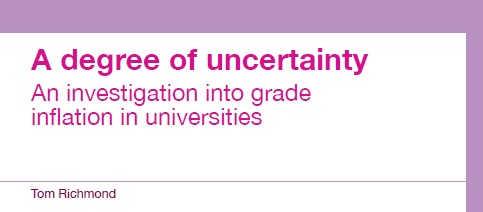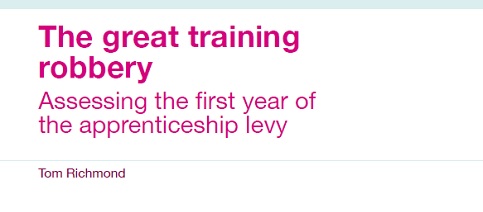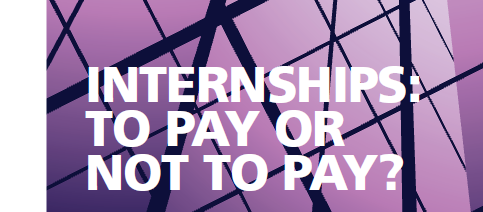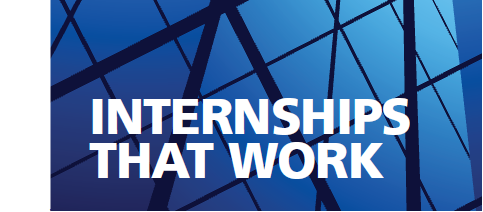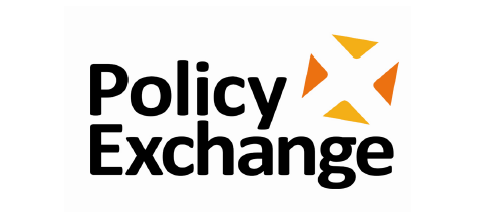Ofsted’s ratings of each state school as ‘Outstanding’, ‘Good’, ‘Requires Improvement’ or ‘Inadequate’ are frequently used by parents. The giant PVC banners that adorn many school gates are testament to how much weight is placed on the judgements made by inspectors. Ofsted’s own research has shown that their ratings are the second most important factor…
A QUALIFIED SUCCESS – February 2019
The contrast between the stability of academic and vocational qualifications in this country could not be starker. A-levels and GCSEs have existed in some form for almost 70 years, and their purpose and character have remained largely unchanged over their impressive lifespan. Meanwhile, numerous waves of vocational qualifications, training schemes and government programmes have come…
A DEGREE OF UNCERTAINTY – June 2018
“We are once again experiencing the ‘winds of change’ in the university sector” said Universities Minister Sam Gyimah in February this year, noting that “not a single week goes by without a university story being splashed on the front pages”. Media coverage of rising student debt, Vice-Chancellor remuneration packages, strikes over pensions and debates around…
THE GREAT TRAINING ROBBERY – April 2018
Now that the apprenticeship levy has completed its first full year of operation, this report reviews the available evidence to determine whether the levy will, as the Government hopes, “incentivise more employers to provide quality apprenticeships” and “transform the lives of young people who secure them”. In the six months after the levy was introduced…
THE SKILLS WE NEED, AND WHY WE DON’T HAVE THEM – November 2016
Apprenticeships have enormous potential. In terms of brand awareness amongst employers and would-be apprentices, they offer the best route for delivering high quality technical education. But the concern is that not enough of the new apprenticeship standards will deliver the quality that is needed. This report concludes that it is time to put the Government’s…
PAYMENT BY RESULTS – WHAT CAN WE LEARN FROM THE WORK PROGRAMME? – June 2011
The ‘Work Programme’ represents the most significant shift in the welfare-to-work industry for many years. One of the most innovative features of the Work Programme is its emphasis on ‘payment by results’, which means that providers only get paid once an outcome has been achieved. In the case of the Work Programme, an outcome is…
INTERNSHIPS: TO PAY OR NOT TO PAY? – June 2010
With youth unemployment at record levels and graduates struggling to find work, internships – typically a period of workplace learning for undergraduates and graduates lasting from 3 to 12 months – have become an increasingly high-profile option for those finishing their university and college courses. The benefits to young people of completing an internship can…
SIMPLY LEARNING: IMPROVING THE SKILLS SYSTEM IN ENGLAND – January 2010
The world of skills, whether it be vocational education, apprenticeships or adult education, has been subject to near constant upheaval for at least 25 years. In recent years the Government has attempted to increase the volume of post compulsory education, improve the status of vocational courses and make the whole system more ‘demand-led’. Yet the…
INTERNSHIPS THAT WORK: A GUIDE FOR EMPLOYERS – December 2009
This guide was aimed at employers that are either thinking of starting an internship programme for the first time or wish to improve their current offering. The guide covers six principles of high-quality internships: 1. RECRUITMENT; 2. PAYMENT AND DURATION; 3. INDUCTION; 4. TREATMENT; 5. SUPERVISION; 6. REFERENCE AND FEEDBACK. Each of these principles is…
SCIENCE FICTION? UNCOVERING THE REAL LEVEL OF SCIENCE SKILLS – September 2009
Britain will need more science skills if it is to prosper. According to the CBI a staggering 92% of firms across all sectors require people with science, technology, engineering and maths (STEM) skills, but more than 59% are experiencing problems finding them. The Government has repeatedly claimed that the numbers of pupils studying STEM subjects…


